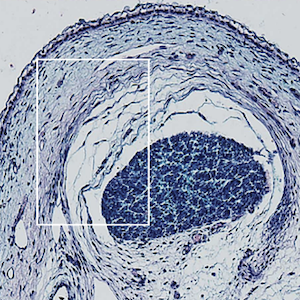Original Articles
Vol. 71 No. 3 (2019)
Acute effect of strength training on mood of patients with fibromyalgia syndrome

Publisher's note
All claims expressed in this article are solely those of the authors and do not necessarily represent those of their affiliated organizations, or those of the publisher, the editors and the reviewers. Any product that may be evaluated in this article or claim that may be made by its manufacturer is not guaranteed or endorsed by the publisher.
All claims expressed in this article are solely those of the authors and do not necessarily represent those of their affiliated organizations, or those of the publisher, the editors and the reviewers. Any product that may be evaluated in this article or claim that may be made by its manufacturer is not guaranteed or endorsed by the publisher.
Received: 26 June 2018
Accepted: 14 July 2019
Accepted: 14 July 2019
3066
Views
1973
Downloads











